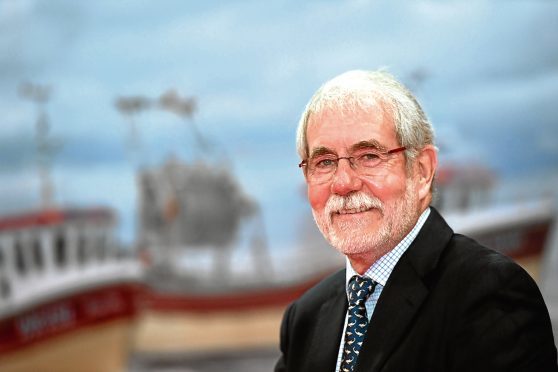The Scottish Fishermen’s Federation (SFF) insisted yesterday the “cliff edge” option for the industry after Brexit was unthinkable.
It was responding to criticism from hard-line pressure group Fishing for Leave (FfL), which had earlier accused the organisation of putting the “clean slate” opportunity of Article 50 at risk by supporting a nine-month transitional “bridge” after March 2019 before breaking away from the Common Fisheries Policy (CFP).
Calling on the SFF to “change its tune”, FfL said: “The lack of robust depth to their constitutional position is something that could severely trip them/all of us up.
“Currently, the SFF’s languag . . . is of agreeing to a transition in principle but with the disagreement coming on timescale.
“This is dangerous as it gives the idea of a transition credence, even from one of the most pro-Brexit industries.
“The problem is that a transition is part of a legal agreement in partnership with the EU to come in after we officially leave.
“This will have to be ratified in an internationally binding treaty, giving a legal basis – a shareholding if you like – for the EU in that agreement.
“A transition where we agree in a new treaty to re-obey all EU law … means we have re-agreed to the CFP; we have created continuity.
“Any transition in effect undoes the clean slate Article 50 gives us”.
FfL added: “What FfL have pushed for is that Britain automatically declares and notifies, with fair evidence, what is ours … to come into effect the moment we leave.
“Thereafter, we honour current shares for the nine months but on our terms.”
SFF chief executive Bertie Armstrong said: “The central thrust of the SFF’s campaign is swiftly to restore control over what is after all our natural capital, the fish stocks in our waters.
“But the cliff edge option of exiting the CFP at the end of March 2019 is neither credible nor desirable, which is why there is a growing consensus in the industry, in Whitehall and among the public for our call for a nine-month bridge.
“This fits with the international fisheries negotiations calendar and allows us to move seamlessly to a normal position under international law.”
